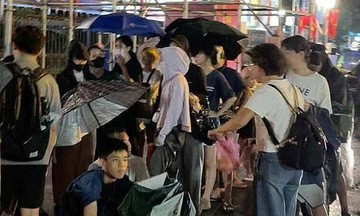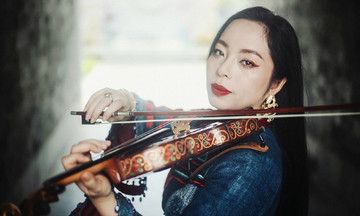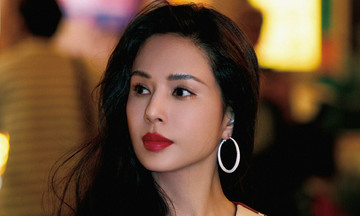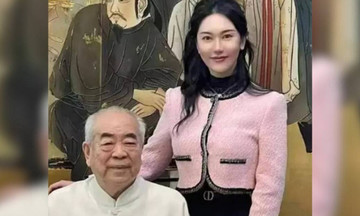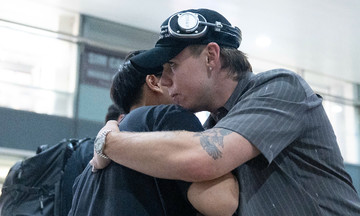As part of the Eifman Ballet World Tour, the company will perform selections from Anna Karenina – a ballet adapted from Leo Tolstoy's novel of the same name by Artistic Director Boris Eifman – at the Ho Chi Minh City Theater on 27/11, 28/11, and 29/11.
Eifman Ballet will then travel to Hanoi to perform on 4/12 and 5/12 at the Viet Xo Friendship Cultural Palace. There, the full-length masterpiece will be presented. The event is co-organized by the Ministry of Culture, Sports and Tourism, the Vietnam National Opera and Ballet, and the Saigon Philharmonic Orchestra (SPO).
According to the organizers, the company's 108 artists will arrive before the performance dates to familiarize themselves with the stage and set up the production. The music and lighting will be meticulously handled by the crew, with several tons of equipment transported from China to Vietnam to ensure the best artistic experience for the audience.
Nguyen Bao Anh, a representative of the SPO, said the arrival of the Eifman Ballet marks a cultural milestone. This is the company's first time in Vietnam, and he hopes it will inspire a love of ballet in young audiences.
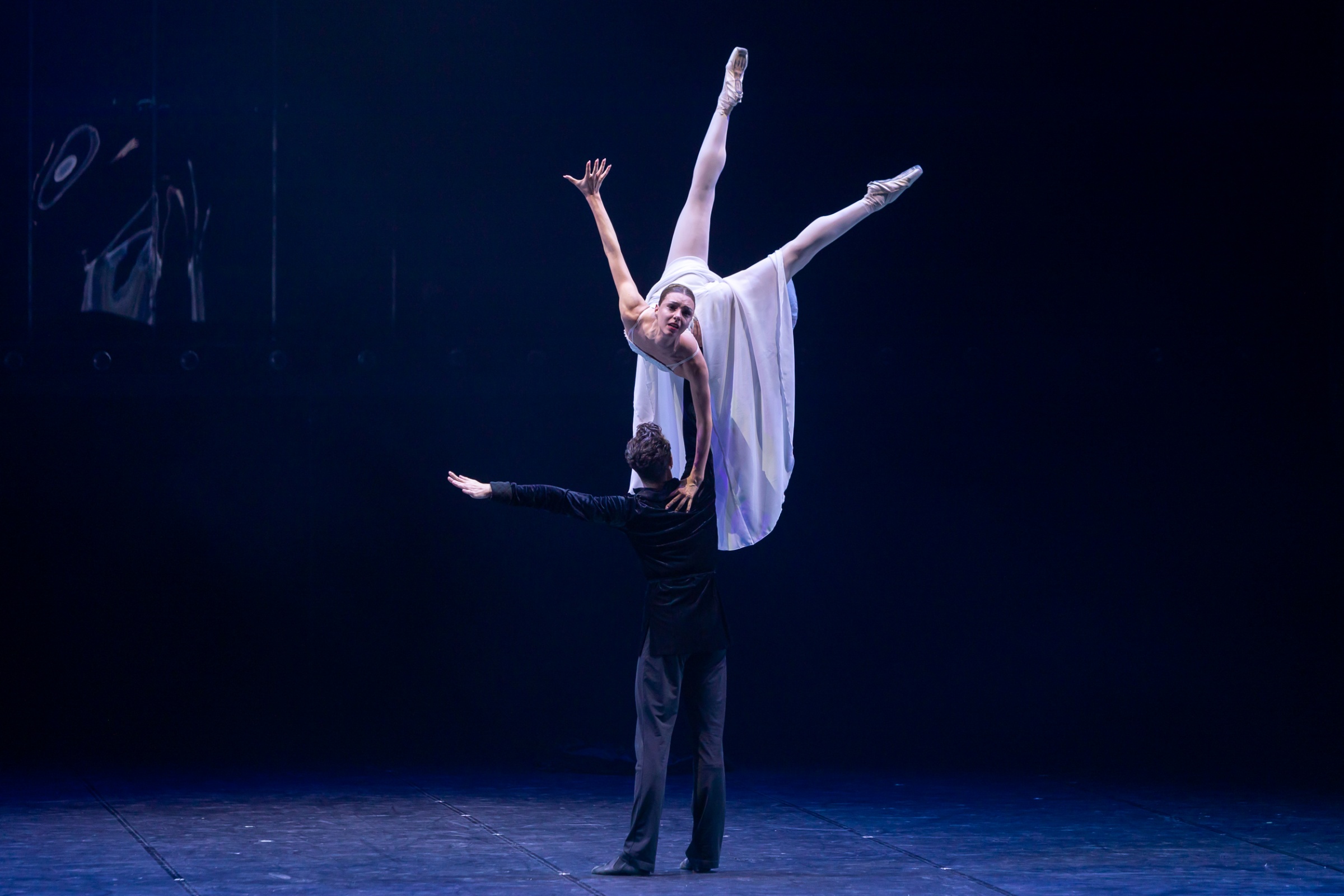 |
Eifman Ballet artists on stage during a performance of "Anna Karenina". |
Founded in 1977 by choreographer Boris Eifman, the company was initially called the Leningrad New Ballet. In its early days, it was conceived as an "artistic laboratory," exploring new forms of expression with the ambitious goal of becoming a one-choreographer ballet theater. Their early works, such as Two-Voice and Boomerang, sparked audience interest but also generated controversy among critics.
From the late 1970s to the early 1980s, the company began to develop its independent style, bringing literary classics to the stage, such as The Idiot, The Master and Margarita, The Legend, The Mad Day, and The Duel. For over 40 years, Eifman Ballet has performed at renowned theaters in Europe, Asia, and America with works like Red Giselle, Russian Hamlet, Anna Karenina, Eugene Onegin, Rodin, Beyond Sin, Tchaikovsky. PRO et CONTRA, The Pygmalion Effect, and The Seagull.
The company boasts prominent Russian ballet artists like Maria Abashova, Lyubov Andreyeva, Dmitry Fisher, and Sergey Volobuev, who have won prestigious awards such as the Golden Mask, Golden Soffit, and medals from the Government and the President of the Russian Federation.
Boris Eifman's Anna Karenina premiered in 3/2005 and has been described as a symphony in motion, capable of deeply moving audiences. Eifman's creation is based on the original novel by the Russian author. Unlike Tolstoy's multi-layered novel, Eifman focuses on the love triangle of Anna, Karenin, and Vronsky.
Through body language, Eifman portrays the tragedy of a woman undergoing an emotional "rebirth." He believes that Anna's primal instinct, the desire to love, led her to break societal norms. Consumed by love, Anna accepted everything, including the loss of her reputation, isolation, and ultimately, her life.
Published in 1877, Anna Karenina is one of the greatest works in Tolstoy's literary career. When excerpts were published in the Russian Messenger monthly in 1875, they created a sensation among literary enthusiasts. In this novel, Tolstoy demonstrates his sharp psychological analysis and condemns the inhumane laws of Russian aristocratic society, expressing his desire for freedom and a prosperous, peaceful life for the people. In 2017, Time magazine ranked Anna Karenina as the greatest novel of all time.
Leo Tolstoy was born in 1828 in Tula Guberniya, Central Russia. His family belonged to a prominent Russian aristocratic lineage, which instilled in him a strong class consciousness and a passion for literature from his father's library.
In 1851, he completed his first short story, The Story of Yesterday. Just a year later, his first novel, Childhood, was published in Sovremennik. He continued to publish short stories and novellas before embarking on War and Peace (1869), one of the two most monumental works of his artistic life.
The great Russian author died in 11/1910 and is buried by the ravine where he spent his childhood. For his contributions to Russian and world literature, Lenin praised Tolstoy as "the mirror of the Russian revolution."
Tan Cao
Photos, video: Provided by the organizers



